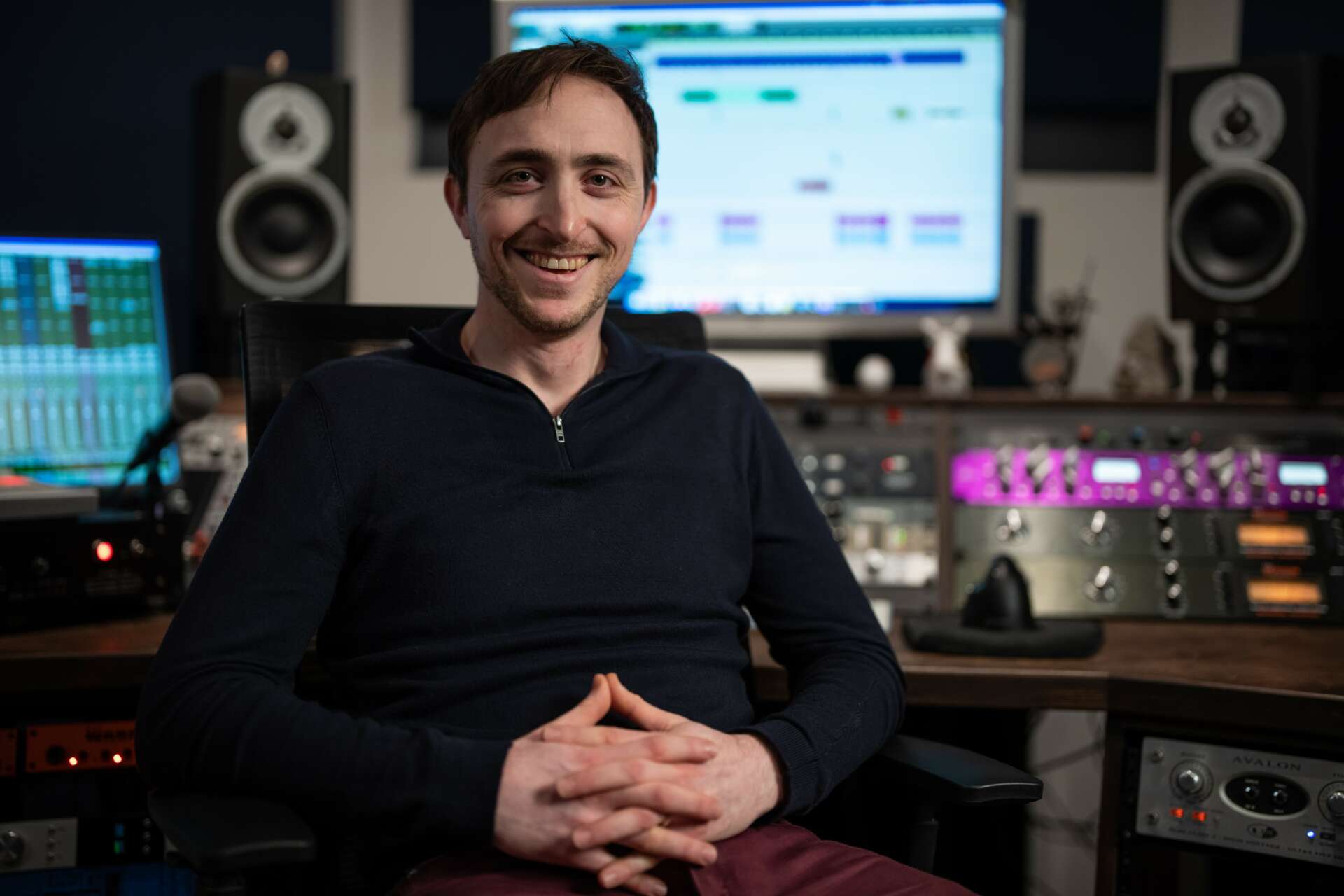Alright – so today we’ve got the honor of introducing you to Matt Graff. We think you’ll enjoy our conversation, we’ve shared it below.
Matt, appreciate you joining us today. Earning a full time living from one’s creative career can be incredibly difficult. Have you been able to do so and if so, can you share some of the key parts of your journey and any important advice or lessons that might help creatives who haven’t been able to yet?
People outside of the music industry generally have two concepts of a “musician” in their heads. One is a rich and famous rock star on magazine covers, and the other is the starving artist living hand to mouth, barely able to support themselves. However, there’s a whole “middle class” of us that goes largely unrecognized, and I’d argue that the bulk of us exist somewhere in that category. Making career in that “middle class” does not come with a manual, and each of us has a unique path that got us to where we are.
My path to earning a full-time living from music took a bit over a decade from when I started pursuing it. I graduated from Berklee College Of Music in 2007, but instead of diving into music full-time, I took a job at an Apple store, where I worked as a “Genius” for 3 years. For those of you not familiar with the Genius Bar, it’s a place in every Apple store where customers can get face-to-face technical support from “Geniuses” on every type of Apple Product. While I was doing some gigging and recording on the side, the full-time work schedule at Apple made finding time to pursue music quite difficult. About 2 years into my “Genius” career, I elected to go part-time, but I still found it difficult to make time for music, not to mention my co-workers becoming increasingly frustrated at the amount of shift-requests I made so I could schedule around gigs and sessions.
The turning point came in January of 2011, when I attended the NAMM show in Anaheim, CA. NAMM is a massive music-industry trade show where all the equipment manufacturers go to show off their wares, as well as the famous musicians that endorse their products, Hundreds of thousands of musicians and audio professionals get the opportunity to try out gear, network and meet their heros. The experience for me was eye-opening, and returned from NAMM completely fired up about music and gave my two weeks at Apple almost immediately.
Thus began my freelance career, but still not as a full-time musician. It turned out, my experience at the Apple store gave me the opportunity to market myself as a tech-support consultant, which provided the financial stability I needed to support my musical endeavors while also allowing me the freedom to make my own schedule. My first year as a freelancer I made about 80% of my income from tech support and 20% from music. Every subsequent year though, the balance would shift a little bit towards music, until 2018, when I reached a point that music provided enough income, and I stopped marketing myself as a tech consultant.
From graduating in 2007 to committing to 100% music in 2018, my path to earning a full-time living from music was an 11-year exercise in patience and discipline, but I think the slow build had a few benefits. Instead of having to take every gig that came my way, I was able to be strategic about which musical opportunities I committed myself to. I never felt locked in to a gig that wasn’t fulfilling. Additionally, I had a level of financial stability that full-time musicians generally don’t have early in their careers, and I was able to do that without having to resort to teaching after-school music lessons to children, which is NOT something I enjoy.
While there’s no single path towards making a full-time living in music, most of us in the “middle class” have to subsidize our early careers with some kind of additional work as we establish ourselves in the industry. I recommend to anyone pursuing music that they develop additional marketable skills to rely on as they grow. While at first glance it may seem like a detour, my experience at the Genius Bar ended up facilitating my entire career, and I don’t think I’d be anywhere near where I am today without it.
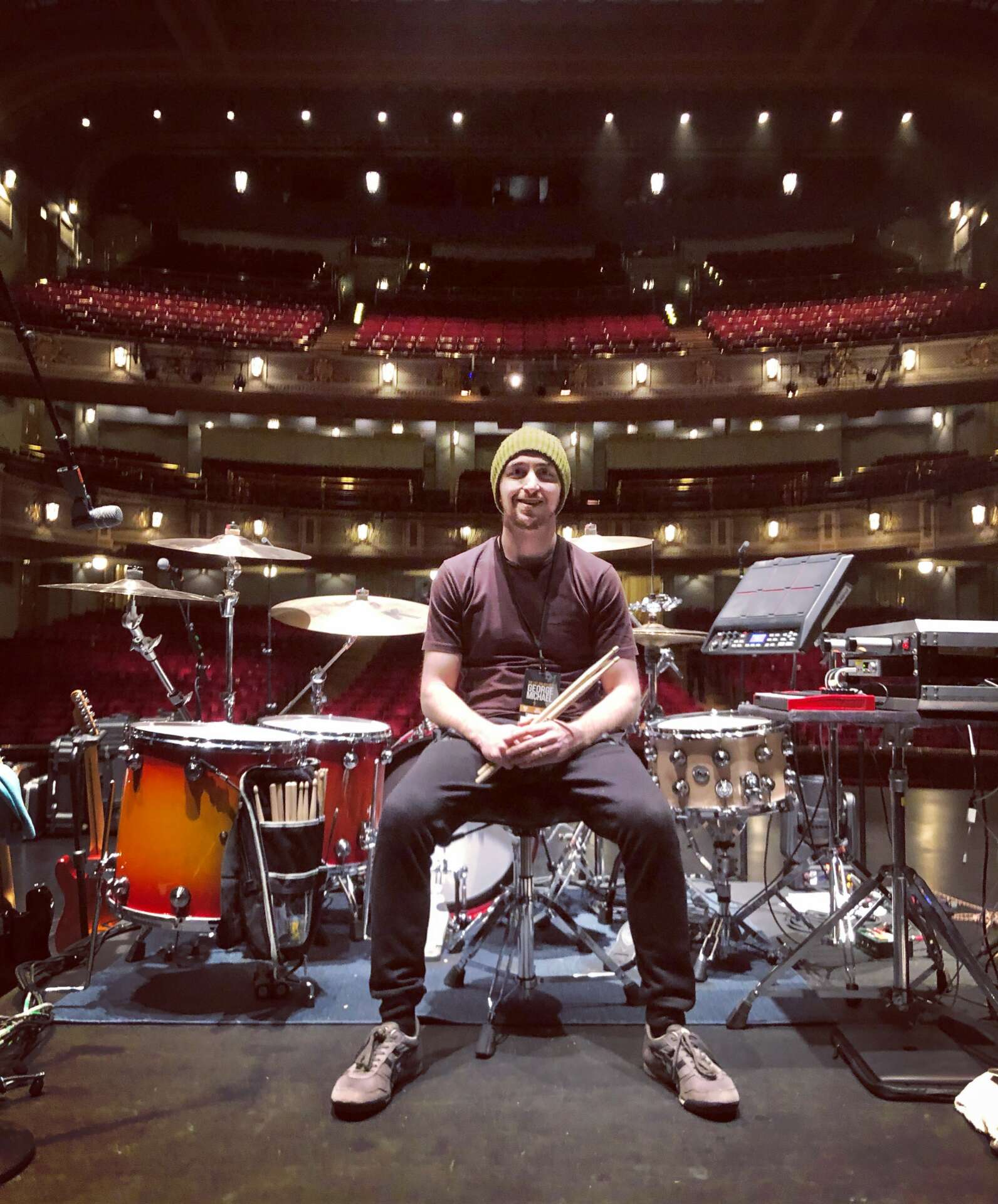
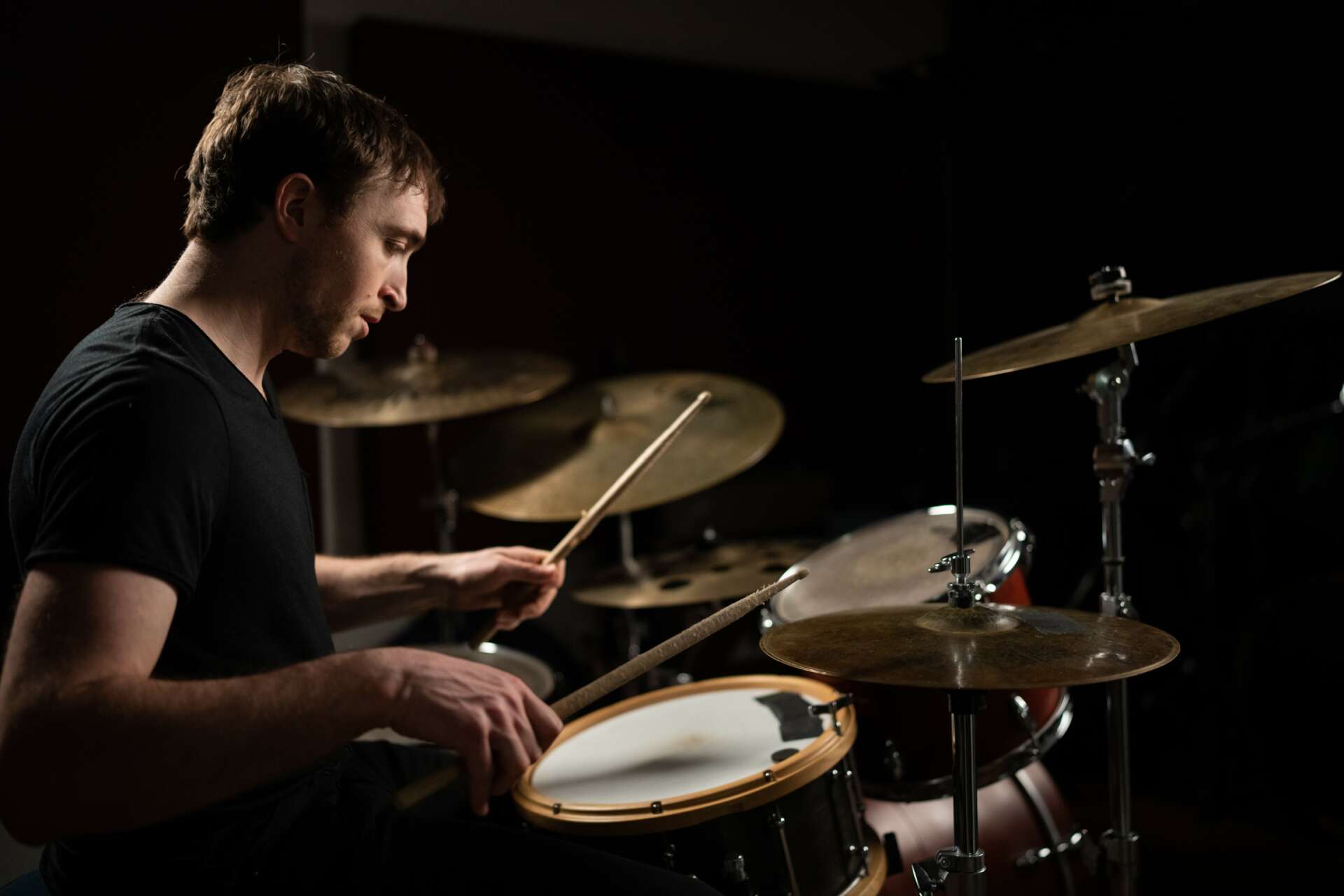
Great, appreciate you sharing that with us. Before we ask you to share more of your insights, can you take a moment to introduce yourself and how you got to where you are today to our readers.
I am a music producer, engineer and drummer and I’ve spent the past 15 years helping other musicians bring their ideas to life. I own The Koop Studio, a full-service recording facility where I record, edit, mix and master all types of music, tv commercials and podcasts. I’m also a professional touring and session drummer. I’ve played 1000+ plus shows and recorded 1000+ songs for artists such as Toshi Reagon, Jeremy Jordan, Paul Young, and Emily Saliers of the Indigo Girls.
While I enjoy nearly every aspect of music production and performance, I think I’m at my best when I’m able to combine those two disciplines and record my own drumming for my client’s songs and TV jingles. Capturing amazing drum sounds was the main reason I initially decided to study audio engineering. It’s one of the more involved aspects of recording, and any music producer will tell you that getting the drums right is crucial to the success of the whole production. With an infinite amount of variations and possibilities, choosing which drums to use, how to mic them up, and then how to process them with effects to get the sound I hear in my head is a life-long pursuit of a craft that brings me joy day-in and day-out.
As a player, working in the studio can be quite challenging, but equally as rewarding. It requires a level of speed and precision over and above what a live performance entails. By speed, I don’t mean how fast I can play, but how quickly I can learn, interpret and execute my parts on the client’s music. Very often, I’ll show up at the studio and be tasked with recording a piece that I’ve never heard before. Since time is money, I can’t spend hours or days deciding what to play and practicing it. I pride myself on my ability to quickly learn the music, decide how to best support it with my playing, and then perform those parts with expressiveness and accuracy. In the studio, the performances being played are being put on a recording that will exist forever, so there’s a high level of responsibility to play something that will stand the test of time.
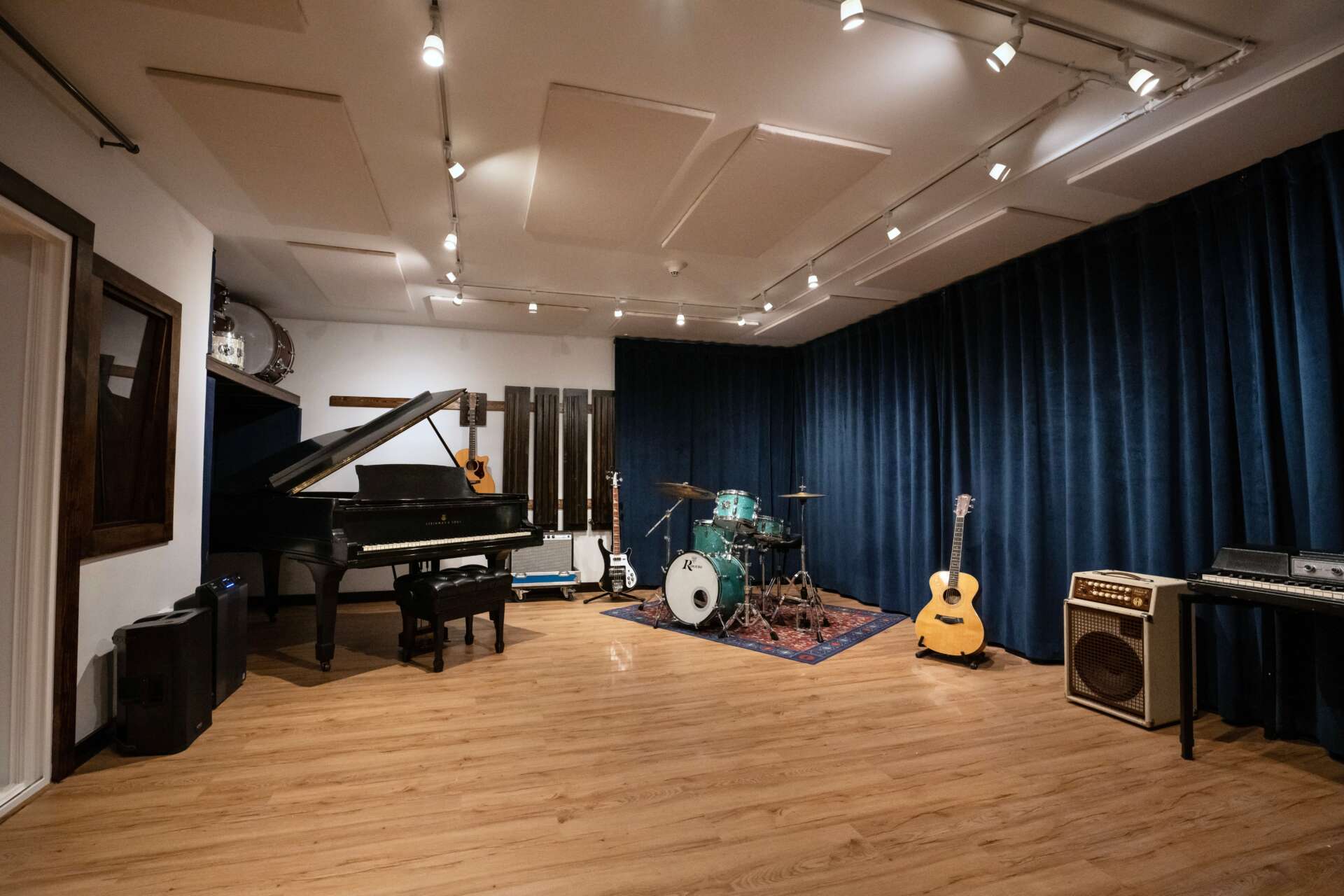
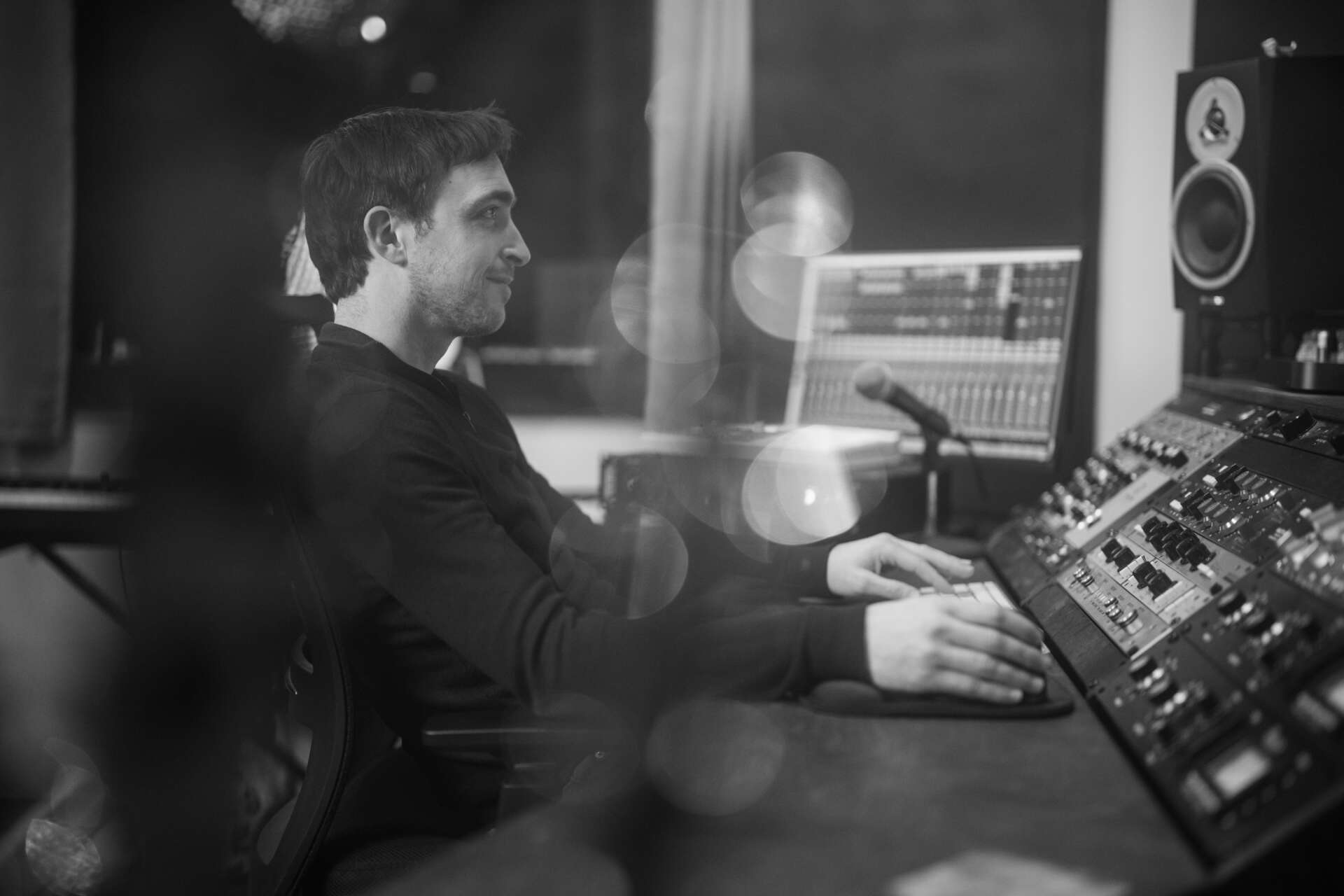
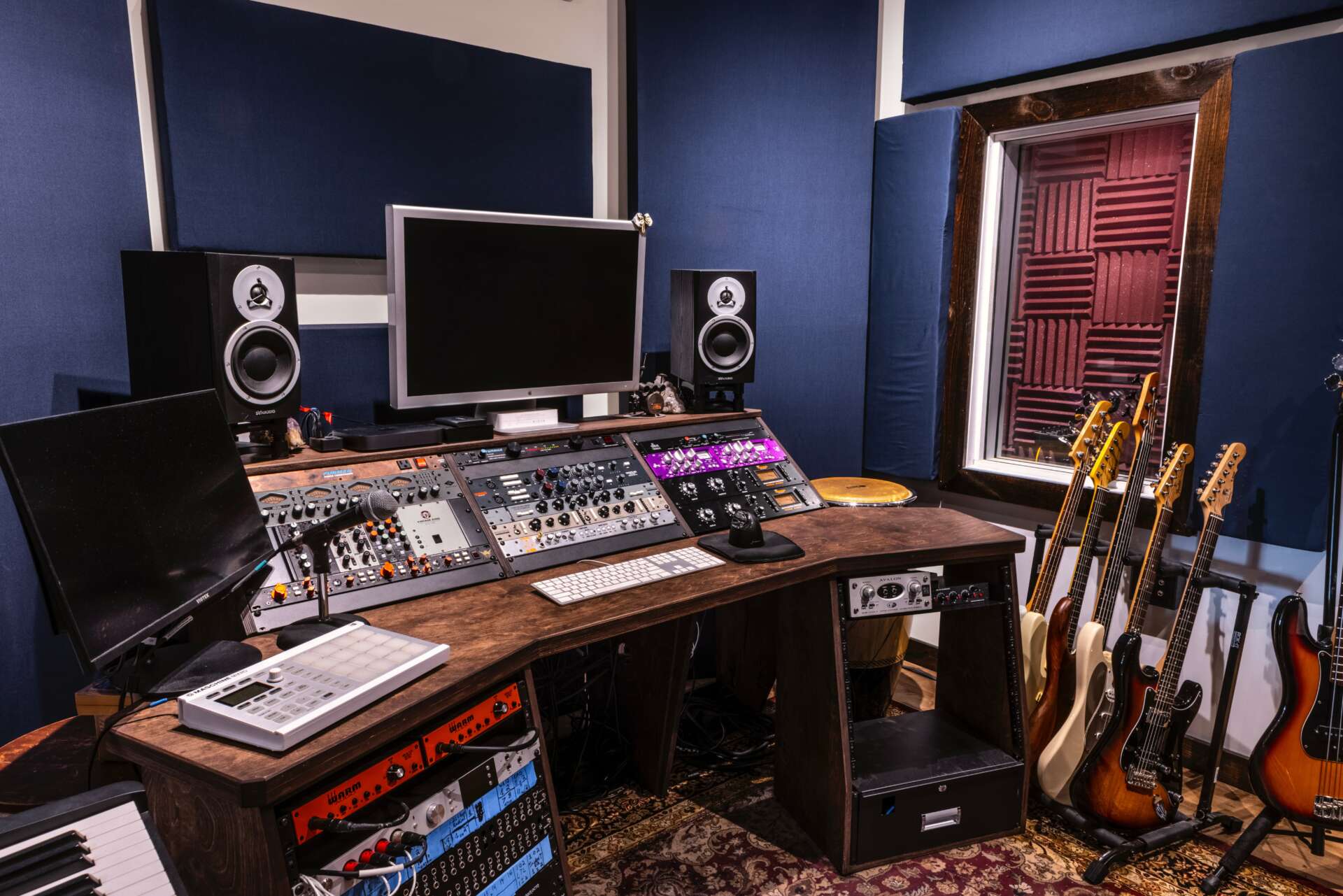
In your view, what can society to do to best support artists, creatives and a thriving creative ecosystem?
I think society has for too long conflated the concepts of art and entertainment. What we call an artist these days is often an entertainer that’s been given a platform to express themselves, whether or not their “art” is in any way moving society forward. Often the types of “artistry” they practice appeals to are most basic human instincts, and there’s little incentive from society for anyone with a platform to try and elevate the conversation. I think it’s a bit of a chicken-egg scenario, where artists give people what they want, but what people want is driven by their expectations, which were set by what previous artists have given. I want to see artists expect more from their audience, and audiences expect more from their artists.
Are there any resources you wish you knew about earlier in your creative journey?
In hindsight, it seems obvious to state that the success of one’s career in music is almost inexorably linked to the type of network you foster amongst your peers, but I feel like I really missed the boat on this, especially during college. There are few places in the world more ripe for meeting like-minded musicians than Berklee College of Music, and my biggest regret from my time there is not taking every opportunity to meet and play with as many of my fellow students as I could. The people I did befriend are, to this day, my most cherished musical partners and biggest sources of work. Many of the folks I went to school with are now reaching the upper echelons of the music industry, and I lament the fact that I spent so much time in my apartment, hanging out with my one small friend group, and not exposing myself to the full breadth and depth of the budding musicians at my finger tips. If I could go back in time to tell myself one thing, it would be to get up off the couch and jam with everyone who’s willing. The musicians’ network, that’s the resource I wish I’d taken advantage of earlier.
Contact Info:
- Website: mattgraffmusic.com and thekoopstudio.com
- Instagram: @mattgraffmusic
- Linkedin: https://www.linkedin.com/in/mattgraffmusic/
- Youtube: https://www.youtube.com/mattgraffmusic
Image Credits
all by Ryan Nava except big venue shot by Stephanie Pourgouri


